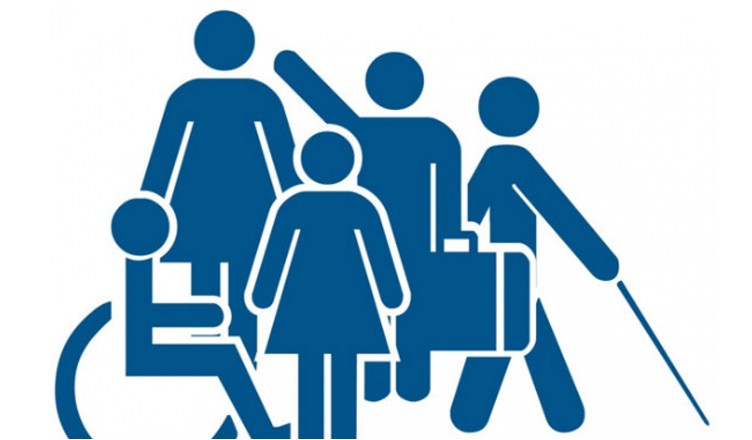WHAT IS LEGALLY MEANT BY DISABILITY AND HOW IS IT MEASURED AND CATEGORISED
You’re disabled under the Equality Act 2010 if you have a physical or mental impairment that has a ‘substantial’ and ‘long-term’ negative effect on your ability to do normal daily activities.
Definitions
‘substantial’ is more than minor or trivial, e.g. it takes much longer than it usually would to complete a daily task like getting dressed.
‘long-term’ means 12 months or more, i.e. a breathing condition that develops as a result of a lung infection.
Mental Health
A mental health condition is considered a disability if it has a long-term effect on your normal day-to-day activity. This is defined under the Equality Act 2010.
Your condition is ‘long term’ if it lasts, or is likely to last, 12 months.
‘Normal day-to-day activity’ is defined as something you do regularly in a normal day. This includes things like using a computer, working set times or interacting with people.
Disability Categories
- Vision Disability
- Hearing Disability
- Brain Disability
- Psychological Disorders
- Invisible Disabilities
- Cognitive or Learning Disabilities
- Spinal Cord Disability
- Mobility and Physical Impairments
**information sources**
Definition of disability under the Equality Act 2010
When a mental health condition becomes a disability
Disabled World – Disabilities: Definition, Types and Models of Disability


